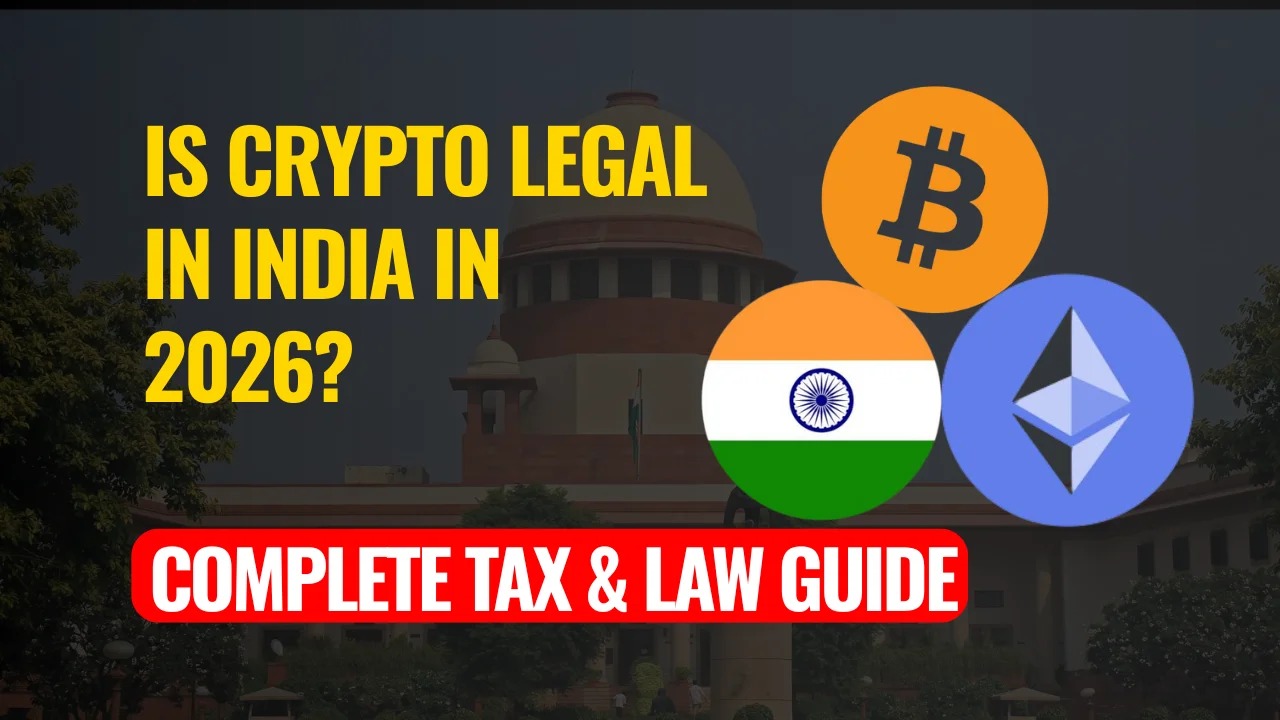Arvind Singh Chandel, J
1. Since a common issue is involved in both the revisions, they are decided by this common order.
2. The revisions have been preferred against the judgment dated 29.8.2017 passed by the District Judge, Mahasamund in Civil Appeal No.H25 of
2016, whereby the Learned District Judge has dismissed the civil appeal so far as it related to the Petitioners herein but allowed the appeal in part so
far as it related to Respondent No.3 herein. The civil appeal was preferred against the common order dated 21.11.2016 passed by the 1 st Civil Judge
Class-I, Mahasamund dismissing Succession Suit No.S14 of 2014 filed by the Petitioners and Respondent No.3 herein and allowing Succession Suit
No.S02 of 2015 filed by Respondents No.1 and 2 herein.
3. Facts of the case, as projected, are that Anand Mishra was employed under the Government of Chhattisgarh in Education Department. He died on
21.9.2014. He left behind him his mother Kumodini Mishra (Respondent No.3 herein) and two wives Smt. Rekha Mishra (Petitioner No.1 herein) and
Smt. Surekha Mishra (Respondent No.1 herein) as also two sons Aaryan Mishra (Petitioner No.2 herein) and Aarom Mishra (Petitioner No.3 herein)
from his wedlock with Rekha Mishra and one daughter Ku. Vaishnavi Mishra (Respondent No.2 herein) from his wedlock with Surekha Mishra.
4. After the death of Anand Mishra, two applications under Section 372 of the Indian Succession Act, 1925 (henceforth 'the Act of 1925') were filed
for grant and issuance of a succession certificate to receive the amount of Rs.15,56,350/- of deceased Anand Mishra deposited with his employer, i.e.,
in the District Education Office, Mahasamund as his arrears of pay amounting to Rs.8,04,505/- + amount of Group Insurance Scheme of Rs.1,50,000/-
+ saving fund of Group Insurance of Rs.47,845/- + Death-cum-Retiral benefit of Rs.3,32,400/- + Leave Encashment of Rs.2,21,600/-. One application,
which was registered as Succession Suit No.S14 of 2014 was moved by Kumodini, Aaryan, Aarom and Rekha against Surekha and Vaishnavi on the
ground that Rekha is wife of the deceased and Aaryan and Aarom are children from her wedlock with the deceased and Kumodini is mother of the
deceased. Surekha and Vaishnavi, in their joint written statement, denied the averment of the suit that Rekha is wife of the deceased and Aaryan and
Aarom are his children. The other application, which was registered as Succession Suit No.S02 of 2015 was moved by Surekha and Vaishnavi stating
that they are the successors of the deceased. In their suit, they further averred that though Kumodini is mother of the deceased yet she was not
dependent upon him and, therefore, she has no entitlement to get any succession certificate.
5. The Trial Court rejected the Succession Suit No.S14 of 2014 on the ground that Surekha is legally wedded wife of the deceased and Rekha is his
second wife and, therefore, Rekha is not entitled to get any succession certificate. Regarding Aaryan and Aarom, it has been held by the Trial Court
that they are illegitimate children of the deceased is prima facie not established. Regarding Kumodini, it has been held by the Trial Court that she was
not dependent upon the deceased and, therefore, she is not entitled to get any succession certificate. The Trial Court allowed Succession Suit No.S02
of 2015 in favour of Surekha and Vaishnavi.
6. Being aggrieved by the order of the Trial Court, Kumodini, Aaryan, Aarom and Rekha preferred an appeal being Civil Appeal No.H25 of 2016.
Vide the impugned judgment dated 29.8.2017, the Appellate Court dismissed the civil appeal so far as it related to Rekha, Aaryan and Aarom, but
allowed the appeal in part in favour of Kumodini. Against this judgment, Rekha, Aaryan and Aarom have preferred the present revisions.
7. Shri B.P. Sharma, Learned Counsel appearing for the Petitioners submits that even if Rekha, according to the finding arrived at by the Trial Court,
is considered to be second wife of deceased Anand Mishra, Aaryan and Aarom are illegitimate children of the deceased. He further submits that both
the Courts below have failed to appreciate the fact that the deceased lived together with the Petitioners till his death and his last rites and rituals were
performed by the present Petitioners. He further submits that school leaving certificates and aadhar cards of Aaryan and Aarom were submitted
before the Court below during trial in which name of their father is mentioned as Anand Mishra and the said two documents are public documents. In
the circumstances, the Trial Court ought to have allowed both the documents and given a conclusion that Aaryan and Aarom being illegitimate children
of deceased Anand Mishra are also entitled to get succession certificate along with Surekha, Vaishnavi and Kumodini. He placed reliance on (1996) 4
SCC 76 (Parayankandiyal Eravath Kanapravan Kalliani Amma (Smt) v. K. Devi) and (2000) 2 SCC 431 (Rameshwari Devi v. State of Bihar).
8. Per contra, Shri Sunil Sahu, Learned Counsel appearing for Respondents No.1 and 2 supported the impugned judgment.
9. Shri Samir Singh, Learned Counsel appearing for Respondent No.3 submits that he adopts the submissions put forth on behalf of the Petitioners.
10. A perusal of the record establishes that the Courts below, on minute and proper appreciation of the evidence led by the parties, have rightly arrived
at the conclusion that Surekha is legally wedded wife of deceased Anand Mishra and Vaishnavi took birth out of their wedlock. The Appellate Court
has also rightly come to the conclusion that Kumodini, being mother of the deceased, is entitled to get succession certificate along with Surekha and
Vaishnavi.
11. From the record, it is further clear that Rekha has stated in her affidavit under Order 18 Rule 4 of the Code of Civil Procedure that she is the
married wife of deceased Anand Mishra and Aaryan and Aarom are children born from her wedlock with Anand Mishra. But, in her affidavit, Rekha
has not sated about the date and place of her marriage with Anand Mishra nor has she stated about the place of birth of both the children. Apart from
this, she has also not produced any birth certificates of the children. She has submitted School Achievement Record (Ex.P3) for the academic session
of 2014-15 in respect of Aaryan and another School Achievement Record (Ex.P4) for the academic session of 2013-14 in respect of Aarom. She has
also submitted Aadhar Card (Ex.P6) in respect of Aaryan and Aadhar Card (Ex.P7) in respect of Aarom. In all these documents, name of father of
Aaryan and Aarom are mentioned as Anand Mishra. Anand Mishra died on 21.9.2014. Exhibits P4, P6 and P7 are the documents which were
recorded/prepared before the death of Anand Mishra. Apart from this, one photograph is also available on record in which deceased Anand Mishra,
Rekha Mishra, Aaryan Mishra and Aarom Mishra appear together. While granting a succession certificate, an inquiry in detail is not required. The
documents (Ex.P3, P4, P6 and P7) themselves show that name of Anand Mishra is mentioned therein as father of Aaryan Mishra and Aarom Mishra.
Had Anand Mishra not been the father of these two children, his name would not have already been existed on the said public documents. Therefore,
prima facie, it is established that Anand Mishra was father of Aaryan and Aarom. Since Surekha is legally wedded wife of Anand Mishra and Rekha
is his second wife, Aaryan and Aarom are illegitimate children of Anand Mishra.
12. In Parayankandiyal case (supra), it has been observed by the Supreme Court thus:
55. Illegitimate  children,  on  the  contrary,  are children as are not born either in lawful wedlock, or within a competent time
after its determination. It is on account of marriage, valid or void, that children are classified as legitimate or illegitimate. That is to say, the social
status of children is determined by the act of their  parents.    If  they  have  entered  into  a  valid
marriage,  the  children  are  legitimate;  but  if  the parents commit a folly, as a result of which a child is conceived,
such child who comes into existence as an innocent  human  baby  is  labelled  as  illegitimate.
Realising this situation, our Parliament, and we must appreciate the wisdom of the legislators then adorning the  seats  in  the Â
august  hall,  made  a  law  which protected  the  legitimacy  of  such  innocent  children. This was a
bold, courageous and dynamic legislation which was adopted by other advanced countries.
13. In the light of foregoing, children Aaryan Mishra and Aarom Mishra are also entitled to get succession certificate along with Surekha Mishra,
Vaishnavi Mishra and Kumodini Mishra. Therefore, necessary succession certificate be issued in favour of Aaryan Mishra, Aarom Mishra, Surekha
Mishra, Vaishnavi Mishra and Kumodini Mishra for succession in equal proportion/share.
14. Consequently, both the civil revisions are allowed in part to the extent indicated above.
15. Records of the Courts below be sent back along with a copy of this order forthwith for information and necessary compliance.

